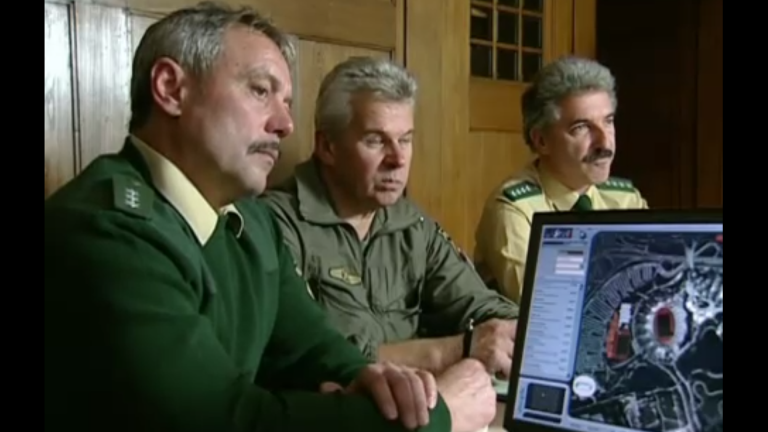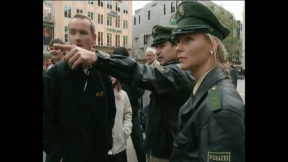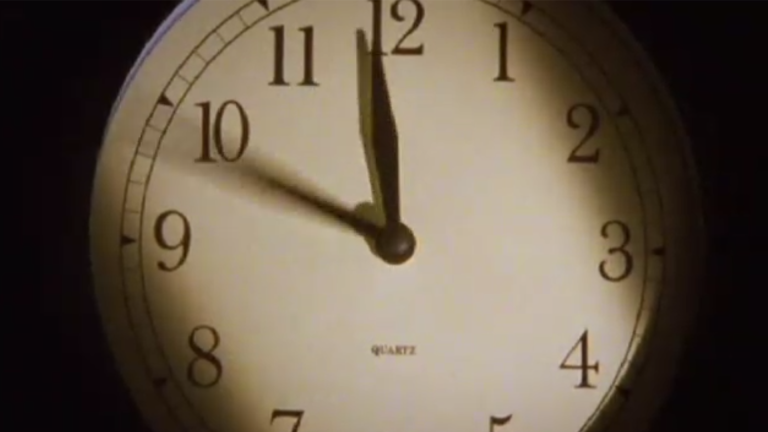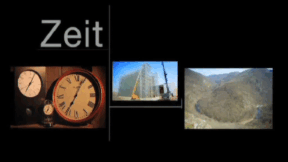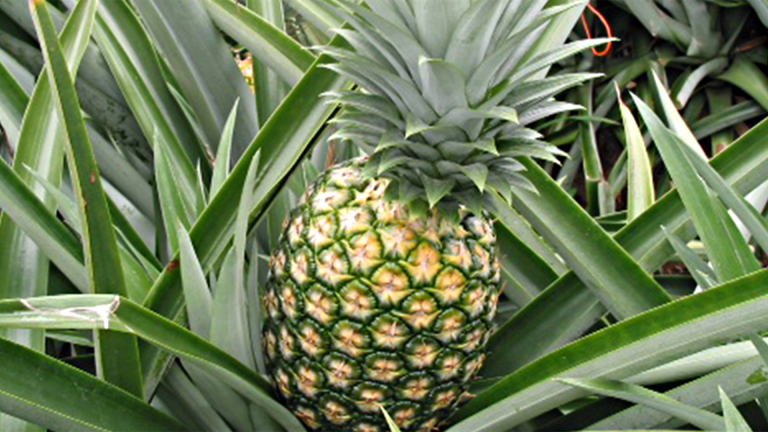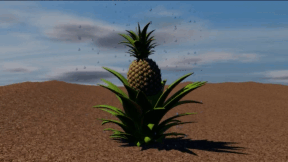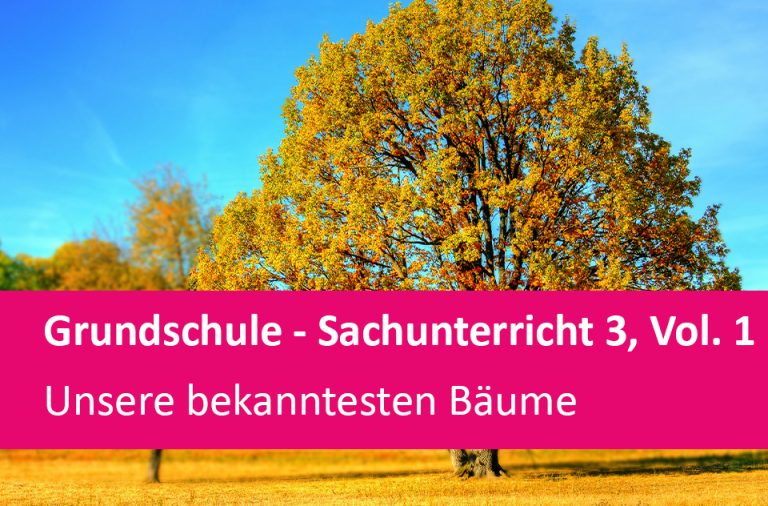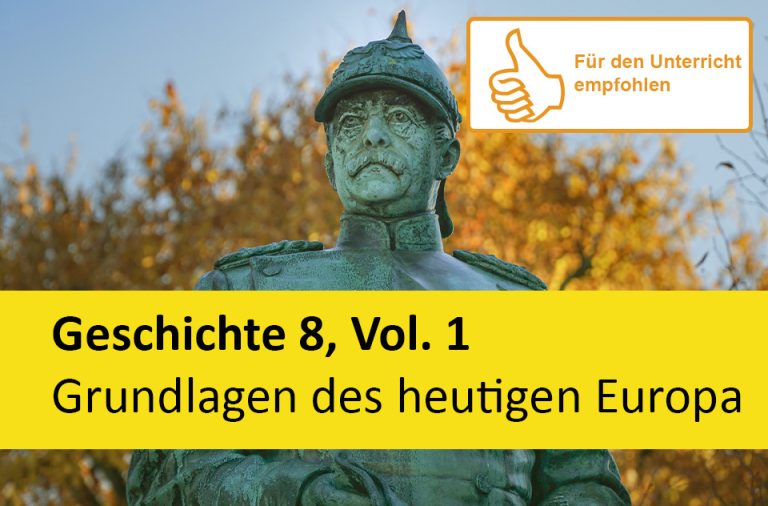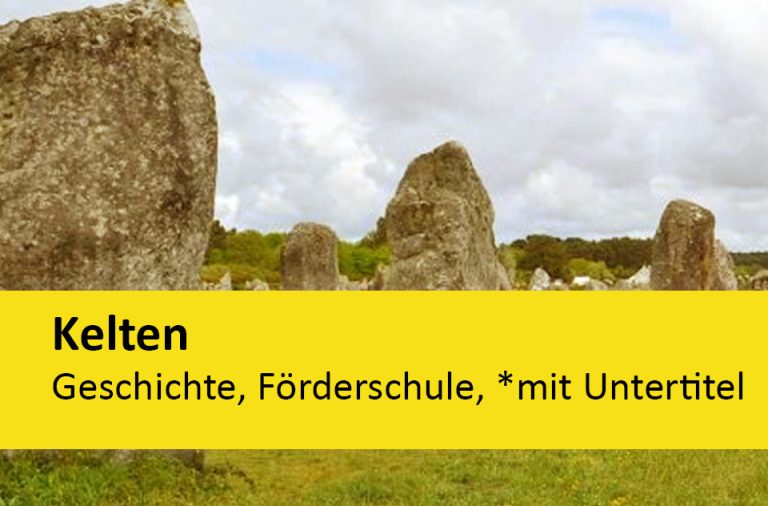Suche:
- # Artistry
- # Biology
- # Chemistry
- # Ecological
- # Economy
- # English
- # Foreign Language
- # Geography
- # German
- # Health
- # History
- # Informatik
- # Latin
- # Mathematics
- # Media Education
- # Music
- # Physics
- # Politics / Civics
- # Preschool
- # Primary School
- # Religion
- # Society
- # Sports
- # Technology
- # Training of Teachers
- # Vocational Education
Police
This DVD provides comprehensive information on the diffe- rent areas of police activity. The responsible job of police officers as well as their every- day duties are clearly described and shown in a way that is understandable to primary school pupils. “Police – In Action for Safety” offers a detailed insight into the cop-operation of all police forces and the technical means available to them, for instance when on duty in road traffic, at special or large events, when searching for persons, when solving crimes as well as on daily patrol duty. In exciting film clips, the pupils can directly experience what the life of a police officer is like. The comprehensive accompanying material complements the facts already learned and further includes many transfer tasks, language games and mathematical questions regarding police work.
Learn moreTime
Time governs our everyday life. We cannot touch, hear or see it but it is always there. One century ago, Albert Einstein proved that time is relative. It is an extremely subjective experience and a phenomenon that is difficult to grasp. The DVD explains the “time” phenomenon. It explains the limits to perception and visualises what is invisible to the human eye by means of slow motion and fast motion pictures.
Learn morePineapple
Fruit is a multi-faceted gift of nature. Almost no other food is available to us in such a variety. It tastes good, is healthy and can mostly be eaten raw. However, it should be well washed before or even peeled, depending on the variety. The term “fruit” is understood to mean fruits from trees and shrubs. Fruits contain besides a mostly rather high amount of water a great number of vitamins and minerals. A lot of fruit grows here in Central Europe, in Germany or Austria. Among these so-called “domestic“ fruits are apples, pears, strawberries and blueberries. They mostly ripen in autumn. Citrus fruits such as lemons, oranges and tangerines do not grow around here as they require a lot of sunlight and heat for their growth. They are imported to us by lorry mostly from countries around the Mediterranean such as Spain, Italy and Greece. Exotic fruits like pineapples and bananas need a tropical climate with a lot of heat, sunshine and water. Due to modern means of transport, these widely travelled varieties of fruit are meanwhile available in every supermarket throughout the whole year.
Learn moreUnsere bekanntesten Bäume
In unserem Arbeitsheft Grundschule – Sachunterricht 3, Vol. 1 – Unsere bekanntesten Bäume finden Sie 50 interaktive und didaktisch aufbereitete Aufgaben.
Geschichte, Förderschule, *mit Untertitel
Das Medium enthält den Film: Kelten – Geschichte und Kultur.




